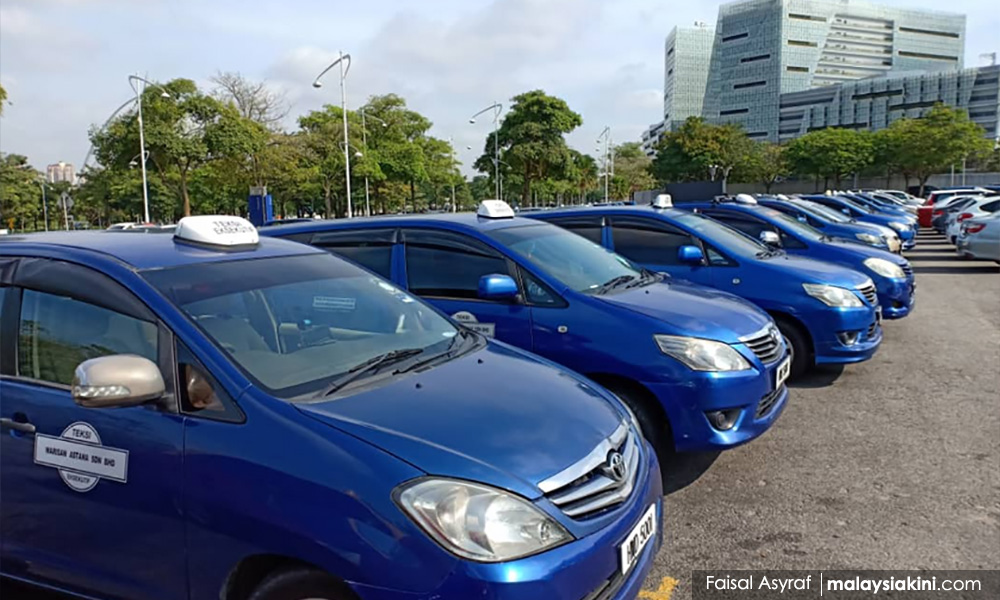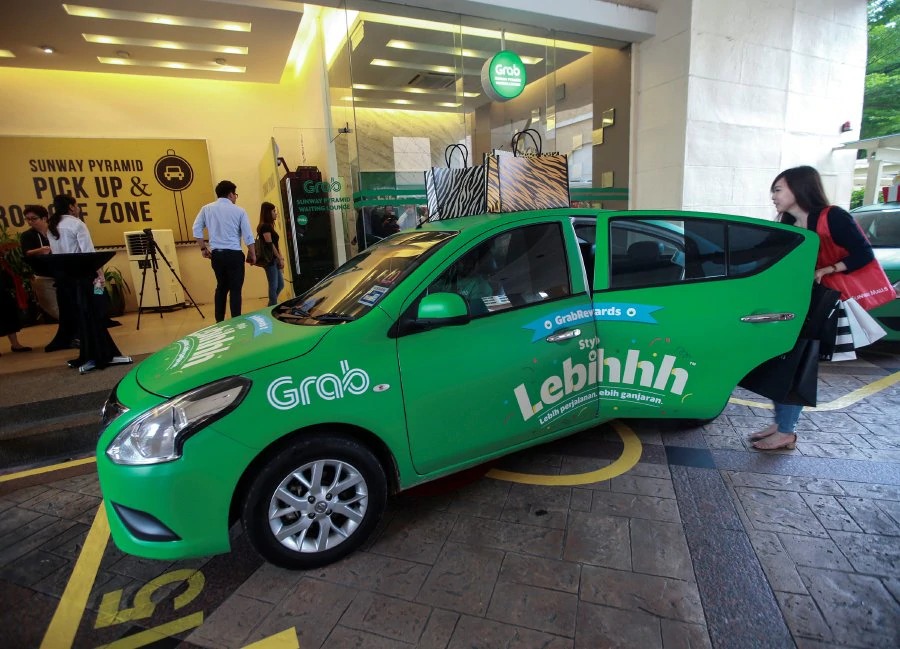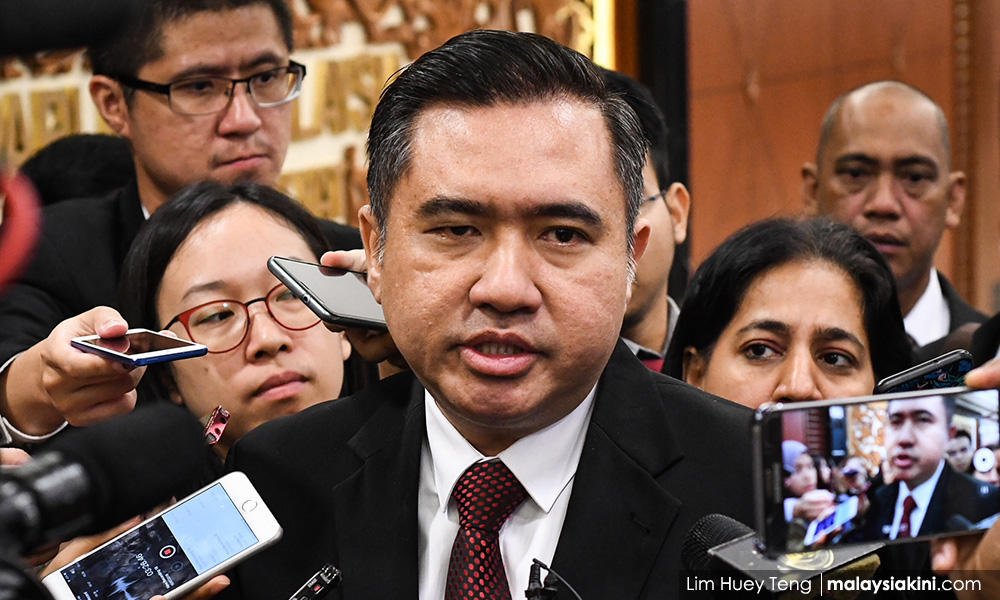
It is no secret that Malaysian taxi drivers have regularly topped the lists of the world’s worst.
A few of you have probably had a nasty experience with Malaysian taxi drivers and Prime Minister Dr Mahathir Mohamad is no exception.
Last October, during his dialogue with some taxi drivers in Langkawi, the meeting turned chaotic, with some taxi drivers becoming abusive, before they stormed off.
Taxi drivers feel entitled to be given the exclusive rights to ferry passengers, and so, they had demanded that the government ban e-hailing or ride-sharing companies.
This leaves fare-paying passengers with little choice but to be subjected to the whims of the taxi drivers, their crude and rude mannerisms, poorly maintained and decrepit taxis, and over-priced fares.
Taxi associations are calling for the government to create an even playing field, but in reality, they want the government to ban e-hailing companies from operating.
Numerous articles have been written about the issues of the taxi industry and the problems faced by taxi drivers. These problems have been simmering for years, and arose because of the lack of direction and poor management by the relevant authority, namely the Commercial Vehicle Licensing Board, and the Land Public Transport Commission (Spad), which is now known as Land Public Transport Agency (Apad), under the Transport Ministry.
A consulting engineer, who wishes to remain anonymous, said this about the taxi industry, "Malaysia does not face the issue of ride-sharing companies alone, as Indonesia has faced similar protests with its taxi industry.
"Countries where e-hailing services have been partially or completely banned include Bulgaria, Denmark, Italy, Australia, Brazil, Spain, Germany, America and Canada.
" There have been cases of taxi drivers committing suicide, as a result of the loss of their livelihood due to competition from e-hailing companies.
"So, is the banning of e-hailing companies the way to go?"

The civil engineer, who has 35 years of work experience including dealings with government officials, suggests that our authorities study the efforts of our neighbours, Singapore and Indonesia.
“Visitors to Singapore rarely find dirty, non-roadworthy taxis, or are over-charged.
“In Indonesia, Blue Bird Taxi has a fleet of 23,000 taxis, while Express Transindo Utama operates a fleet of more than 11,000, and are used by thousands of passengers, daily.
“These are the two largest taxi operators and they have embraced technology as an integral part of their operations,” he said.
In Malaysia, he added, the drivers of conventional taxis may feel that they have been betrayed by the government, as regulations for drivers of ride-sharing companies are less stringent.
“Nearly all the e-hailing companies favour private vehicles, rather than conventional taxis. The taxi drivers forget that the customers have a choice,” he said.
Many of the problems with the Malaysian taxi service were exacerbated by the industry's link to corruption and gangsterism, which was encouraged by certain people in the previous Umno Baru government.
In June 2012, the MyTeksi service was launched to revamp the taxi and transport industry.
“Although MyTeksi captured the market quickly, it copied Uber’s business model.
“After Uber started operations in Malaysia. MyTeksi added private cars to its taxi app, and rebranded itself as Grab.
"Conventional taxis became an option in the app, and the taxi drivers felt neglected because it very quickly became apparent that customers preferred private cars which are cleaner and better maintained,” the consultant said.
This business model has been adopted by nearly all the e-hailing companies in Malaysia. It is only natural for these businesses to focus on the financially lucrative segments.
“If you can’t beat them, join them!” the consultant added.
“The government is adamant that it would not ban ride-sharing companies, but are the taxi drivers willing to embrace technology?” he asked.
All ride-sharing companies are motivated by profit. Drivers with poor ratings are avoided and their accounts can be disabled if multiple complaints are lodged against them.
Conventional taxi drivers, on the other hand, are not incentivised to serve their passengers well. Furthermore, passengers who tell a driver that they will lodge a complaint with Spad (or Apad) are often threatened by the driver.
The adviser to the Big Blue Taxi Facilities Sdn Bhd, Shamsubahrin Ismail, claimed that the taxi industry is keen to modernise and is agreeable to the use of technology to improve its service but many things must be revised, including the management of Spad.
The Spad management has now been revamped by the new transport minister.
Last May, Malaysian Taxi, Limousine and Car Rental Operators and Drivers Association president Mohd Shahrir Abdul Aziz, said, “Our source of income has been severely affected since e-hailing services like Grab were introduced. If our quality of service was really horrendous, do something to correct us, or help us improve.”
This is a perfect example of Malays who will not help themselves. The taxi driver, as well as Spad/Apad know that many taxis are dirty and badly maintained. They could enforce higher standards.
So what type of assistance do the taxi drivers want? Is the taxi industry willing to transform?
Technology alone will not help taxi drivers to improve their livelihood, unless they are prepared to change their attitude, and behaviour, as well as offer passengers a better experience.

The transport minister has already stressed that e-hailing is here to stay and has encouraged taxi drivers to sign up for multiple apps.
The consultant said, “If the minister is serious about improving taxi services in Malaysia, he must be open to other approaches to address the problem, as the taxi drivers continue to confront him. A major shortcoming of the ministry, is the lack of data on the behaviour of taxi drivers.”
He added that he believes that data on the behaviour and habits of taxi drivers, will reveal the traits, systems and procedures, which will enable taxi drivers to earn a sustainable and honest living.
"There is an old Navajo proverb, 'Give a man a fish, and you feed him for a day. Teach a man to fish, and you feed him for a lifetime'.
"Will Transport Minister Anthony Loke and Mahathir be willing to embrace this opportunity to improve our taxi industry?", asked the consultant.
MARIAM MOKHTAR is a defender of the truth, the admiral-general of the Green Bean Army and president of the Perak Liberation Organisation (PLO). Blog, Twitter. - Mkini



No comments:
Post a Comment
Note: Only a member of this blog may post a comment.